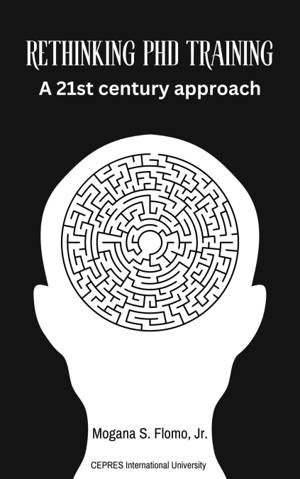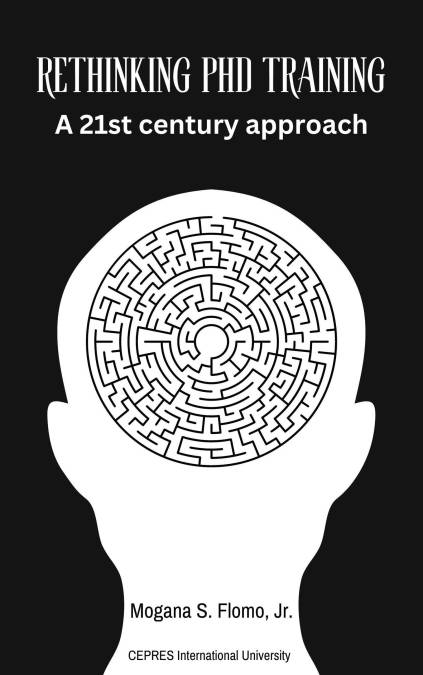
- Retrait gratuit dans votre magasin Club
- 7.000.000 titres dans notre catalogue
- Payer en toute sécurité
- Toujours un magasin près de chez vous
- Retrait gratuit dans votre magasin Club
- 7.000.000 titres dans notre catalogue
- Payer en toute sécurité
- Toujours un magasin près de chez vous
Description
"Rethinking Ph.D. Training" is an insightful and transformative examination of the current landscape of Ph.D. education, calling for a significant overhaul to meet the demands of the 21st century. The book explores the traditional structure of Ph.D. programs, acknowledging their strengths in fostering specialized knowledge while also highlighting critical limitations. These include lengthy durations, limited exposure to non-academic careers, and a lack of emphasis on developing transferable skills.
The author argues that the prevailing focus on deep specialization often hampers interdisciplinary collaboration, which is essential for addressing complex global challenges such as climate change and healthcare disparities. He advocates for a more holistic educational approach that encourages cross-disciplinary research and integrates broader skill development into Ph.D. training.
Mental health and well-being of Ph.D. students are given considerable attention in the book. It addresses the high levels of stress, isolation, and work-life imbalance that many students face, urging for the creation of more supportive and inclusive environments that prioritize mental health and offer comprehensive support systems.
The book also examines the disconnect between Ph.D. training and industry needs, suggesting that Ph.D. programs should foster closer collaborations with industry, promote interdisciplinary approaches, and enhance the development of transferable skills. This would better prepare graduates for diverse career paths beyond academia.
Innovative approaches to Ph.D. education are proposed, including the integration of interdisciplinary coursework, a stronger emphasis on transferable skills development, and the establishment of industry and community partnerships. These reforms aim to make Ph.D. education more relevant to societal needs and improve the employability and career opportunities for graduates.
Through case studies of successful innovations in Ph.D. programs, the book illustrates the benefits of these proposed reforms. It also discusses implementation challenges and offers solutions, such as addressing resistance to change within academia, securing adequate funding, and fostering a culture of innovation and collaboration.
In conclusion, "Rethinking Ph.D. Training" is a compelling call to action for educational institutions, policymakers, and stakeholders to embrace innovative approaches to Ph.D. education. It emphasizes the importance of ongoing evaluation and adaptation of Ph.D. programs to keep pace with emerging fields, technological advancements, and the evolving demands of the job market. By doing so, the next generation of researchers will be better equipped to tackle complex challenges and make meaningful contributions to their respective fields.
Spécifications
Parties prenantes
- Auteur(s) :
- Editeur:
Contenu
- Langue:
- Anglais
- Collection :
Caractéristiques
- EAN:
- 9798227800220
- Date de parution :
- 19-06-24
- Format:
- Ebook
- Protection digitale:
- /
- Format numérique:
- ePub







